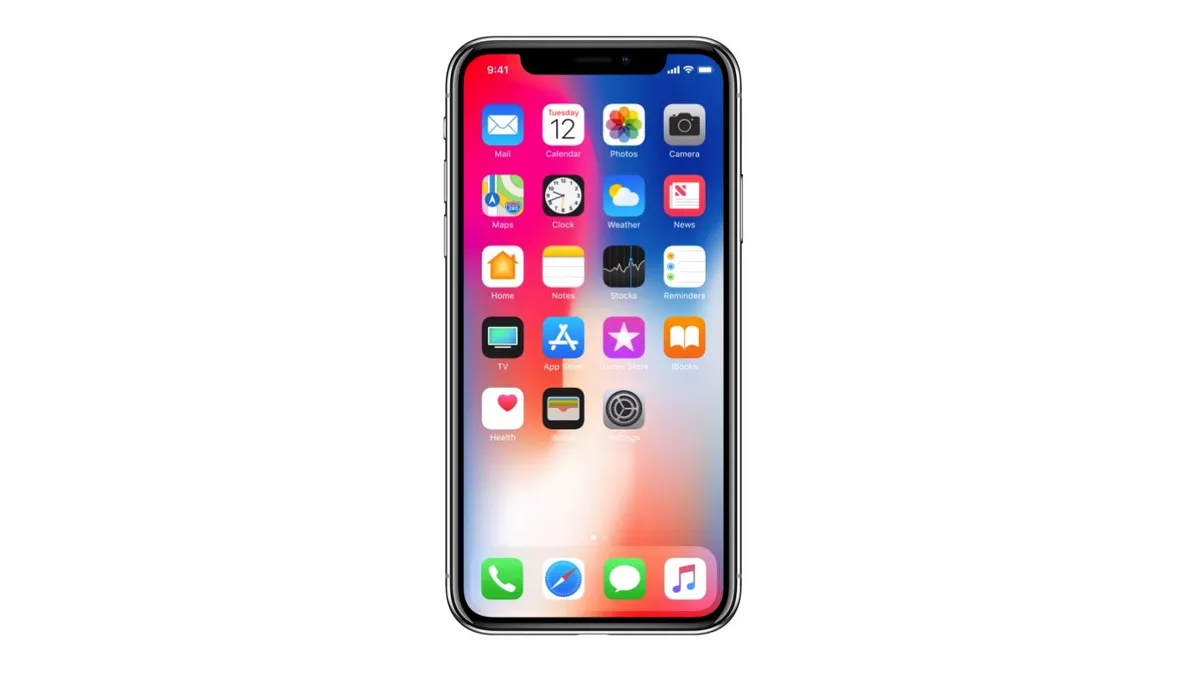Brief:
- Apple sold out of the first batch of the iPhone X, its 10th anniversary edition of the iconic smartphone, that’s due to start shipping on Nov. 3. Apple told customers they'll have to wait four to five weeks for the device to ship, saying that demand is “off the charts,” according to Fortune magazine.
- Best Buy raised the price on the new model of smartphone by $100, Engadget reported. Apple priced its iPhone X at $1,000 for the base model, or $1,150 for more storage. Best Buy is charging $1,100 and $1,250 for the same models, respectively. Best Buy said its prices are identical to Apple’s charges on a carrier installment plan, Engadget reported.
- Apple is set to report its quarterly profit and sales to investors on Nov. 2, while likely also providing some details on sales of the iPhone X and iPhone 8, which started shipping on September 22.
Insight:
High demand for the 10th anniversary device is likely reassuring to investors who worried that Apple's highly anticipated smartphone wouldn't do much to increase sales. News reports have indicated the iPhone X had to confront supplier delays for parts. The iPhone 8 has been called a disappointment by some, suggesting consumers could have been waiting for pricey iPhone X, which includes features like facial ID, augmented reality and animated emojis.
Apple estimates it will ship two million to three million iPhone X preorders globally, suggesting the device could be difficult to find through the holidays and start of 2018. KGI Securities recently cut its forecast for Q4 iPhone X shipments to 25-30 million units, down from 30-35 million, Business Insider reported.
Apple’s delays in fulfilling demand are likely to have a negative effect on its Q4 sales, the same time the company plans to roll out its HomePod smart speaker to compete with Amazon’s Alexa devices and Google Assistant. This week, analysts are expected to question Apple CEO Tim Cook on whether slow iPhone 8 sales are a sign that shoppers waited for the more expensive iPhone X model or are buying new devices less frequently.













